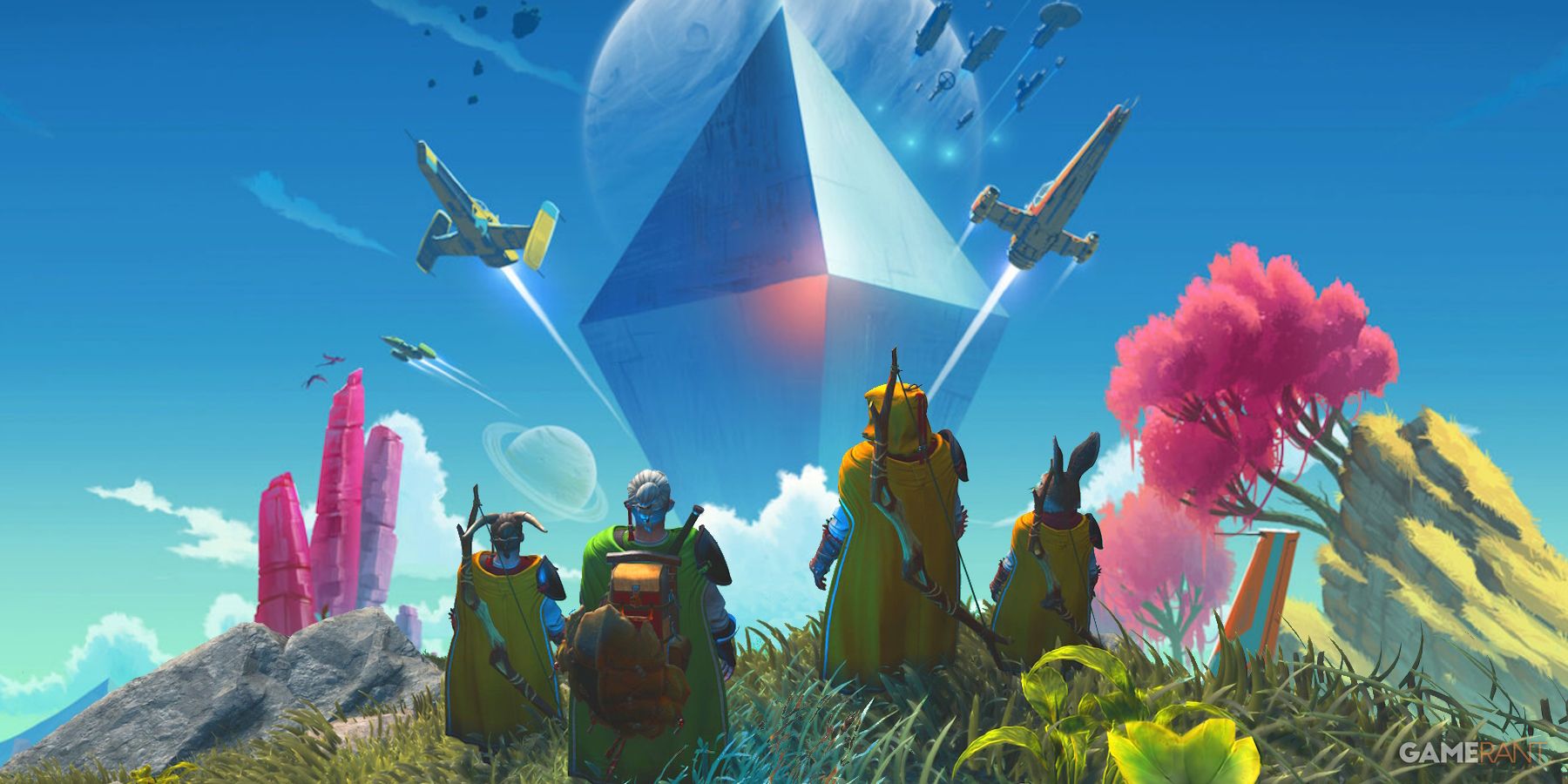Dispatch Developer on AI: Human Actors Can't Be Replaced

The creative minds behind the newly released episodic thriller, Dispatch, have offered a thoughtful perspective on the burgeoning role of artificial intelligence in game development, arguing that while AI may be a powerful tool for production, it cannot replicate the essential spark of human creativity. Nick Herman, a key figure at developer AdHoc Studio, emphasized that the nuanced, unpredictable performances of veteran actors are something current technology simply cannot achieve.
In a recent discussion about the game's development, Herman highlighted the invaluable contributions of the game's cast, which includes celebrated actors like Jeffrey Wright and Aaron Paul. He pointed directly to the magic that happens when a skilled actor inhabits a role, bringing something to a character that even the writers and directors didn't anticipate.
A Tool for Production, Not a Source of Creativity
AdHoc Studio’s perspective isn't a complete dismissal of artificial intelligence. Instead, it’s a carefully considered view of its proper place in the creative pipeline. The studio suggests that AI's greatest potential lies in its ability to streamline and assist with the more laborious aspects of game production.
This could include tasks such as:
- Automating certain animation processes.
- Generating placeholder assets to speed up prototyping.
- Assisting with complex coding or data management.
By offloading some of these demanding tasks to AI, the studio believes human developers can be freed up to focus on what they do best: ideation, narrative design, world-building, and directing the nuanced creative vision that gives a game its soul. The argument is that AI should be seen as a sophisticated hammer or paintbrush—a tool that empowers the artist, not a replacement for the artist themselves. For AdHoc, the line is drawn at the point of creative genesis and emotional performance, which they contend must remain a fundamentally human endeavor.
The Human Element at the Heart of Dispatch
AdHoc Studio’s philosophy is directly reflected in their new game, Dispatch. The game, described as an episodic thriller, is built around a strong, character-driven narrative. The success of such a story hinges almost entirely on the quality of its performances and the player's ability to connect with the characters on an emotional level.
By casting top-tier talent like Jeffrey Wright and Aaron Paul, the studio made a clear statement about its priorities. These actors are known for their ability to deliver complex, layered performances that convey deep emotion and psychological depth. According to Herman, it is this very human, often surprising, input that elevates the script from words on a page to a living, breathing experience. The subtle inflections in a line of dialogue, a momentary hesitation, or an unexpected emotional outburst are the ingredients that create memorable characters and compelling stories—qualities the studio believes AI cannot yet authentically manufacture.
The development of Dispatch has reportedly been a long and challenging journey, underscoring the team's commitment to its artistic vision. Investing heavily in human actors and performance capture is a testament to their belief that this is the most effective way to create the impactful, narrative-driven experiences they aim to deliver.
A Grounded Voice in the AI Debate
As the gaming industry grapples with the ethical and creative implications of generative AI, AdHoc Studio's position adds a crucial, grounded voice from the independent development scene. While some larger corporations are exploring AI for everything from voice acting to NPC generation, AdHoc’s commentary serves as a reminder that technology is not a panacea for creative challenges.
Their stance champions the idea that games are, at their core, an art form built on human expression. It suggests that the most memorable and resonant gaming moments come from the collaboration, passion, and unexpected creativity of people. While efficiency and production pipelines are important, the studio's argument is that they should never come at the expense of the artistic integrity and emotional depth that only human creators can provide.
As players begin to experience Dispatch, they will be judging not only the game itself but also the philosophy that built it—a belief that the future of interactive storytelling will be defined not by the sophistication of its algorithms, but by the depth of its humanity.